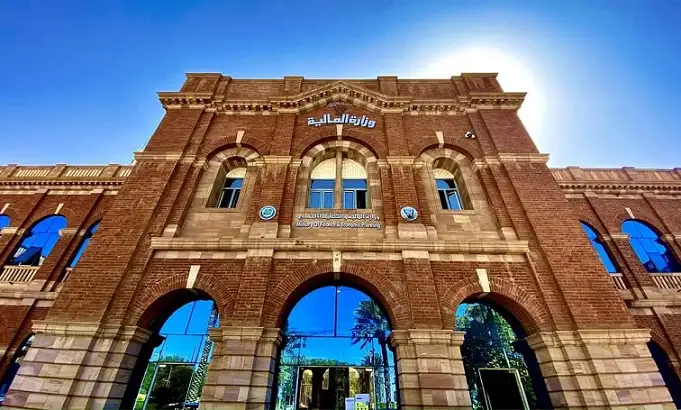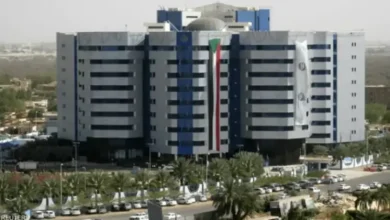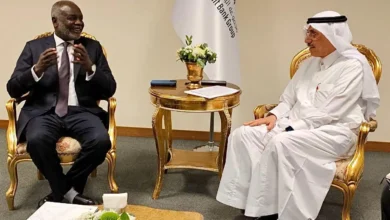The war is causing Sudan’s revenues to fall below one third

The Minister of Finance said the war had caused state revenues to fall below a third, doubling this year’s budget deficit.
Sudanese Governments continued to leverage the banking system to cover the budget deficit, although this depreciated the local currency and reduced business opportunities financed through banks.
Finance Minister Gibril Ibrahim said in a press release that “state revenues have fallen significantly to less than a third due to the war.”
This decrease was due to the difficulty of collecting taxes and electronic collection, the disruption of many factories, the impact of livestock movements and the displacement of public and private sector workers, as well as the disruption of political life.
The United Nations says Sudan’s economy has fallen by as much as 42%, as manufacturing facilities have been damaged and infrastructure destroyed, leading to mass unemployment.
The Minister said that the economy was significantly damaged due to the damage to the private sector and the downsides of the concentration of economic activity in the capital Khartoum, which affected state revenues.
While acknowledging the damage to the economy caused by the war, Djibril returned and stressed that the economy was largely coherent because of its dependence on agriculture, which had not been significantly affected, nor had livestock and gold production areas been affected.
The agricultural sector contributes about 32% of total domestic income, and about 80% of the population of approximately 48 million depend on it for their pension.
On 14 September, Mineral Resources said that gold production since the outbreak of the war had reached only one ton, compared with 18 tons produced last year.
Djibril Ibrahim downplayed demands for currency change after the massive looting of banks and companies and said that “currency change 6 months after the outbreak of the war is meaningless, but if at the moment of the looting of the currency instrument, banks and companies, it may have an impact.”
He stressed that, after a period of time, looted amounts would enter the banking system through economic transactions, thus coming out of the hands of those who looted the money itself, and could be converted into foreign currency.
The local currency depreciated after mid-September, reaching 900 pounds against the dollar before witnessing a slight improvement, a decline that the government attributed to increased demand for currencies to finance oil purchases.





